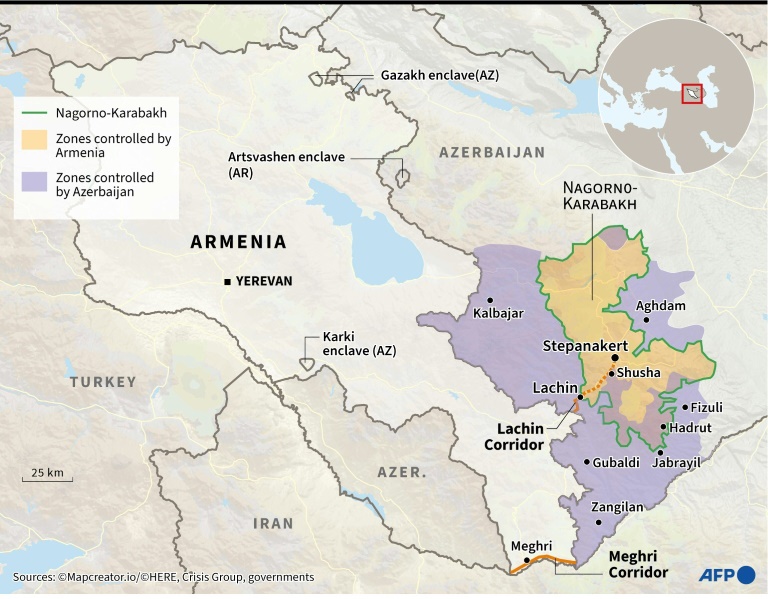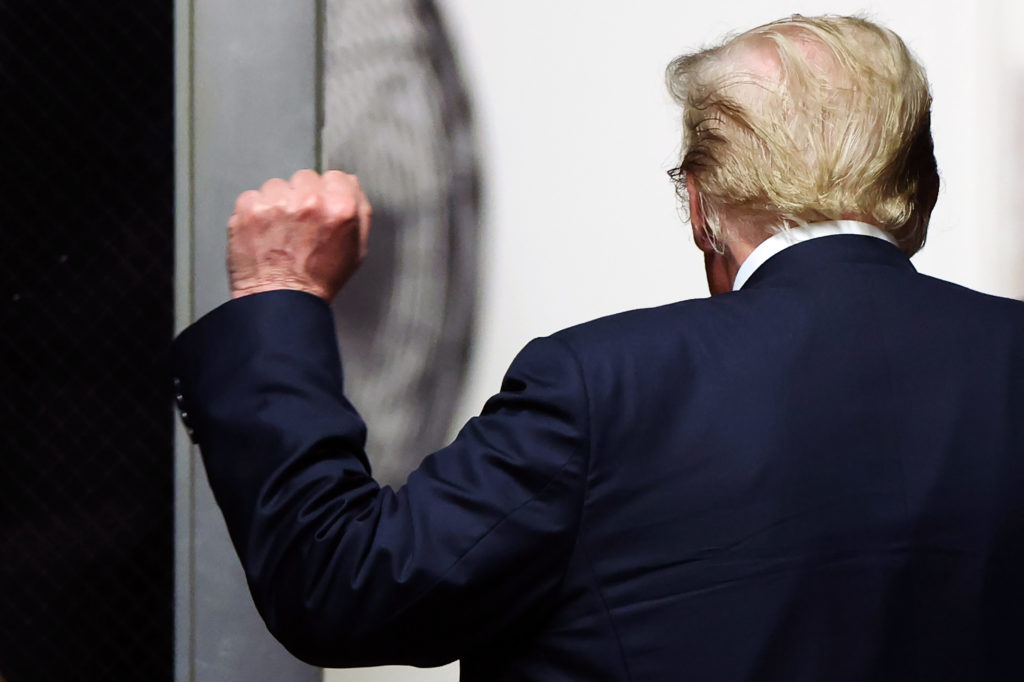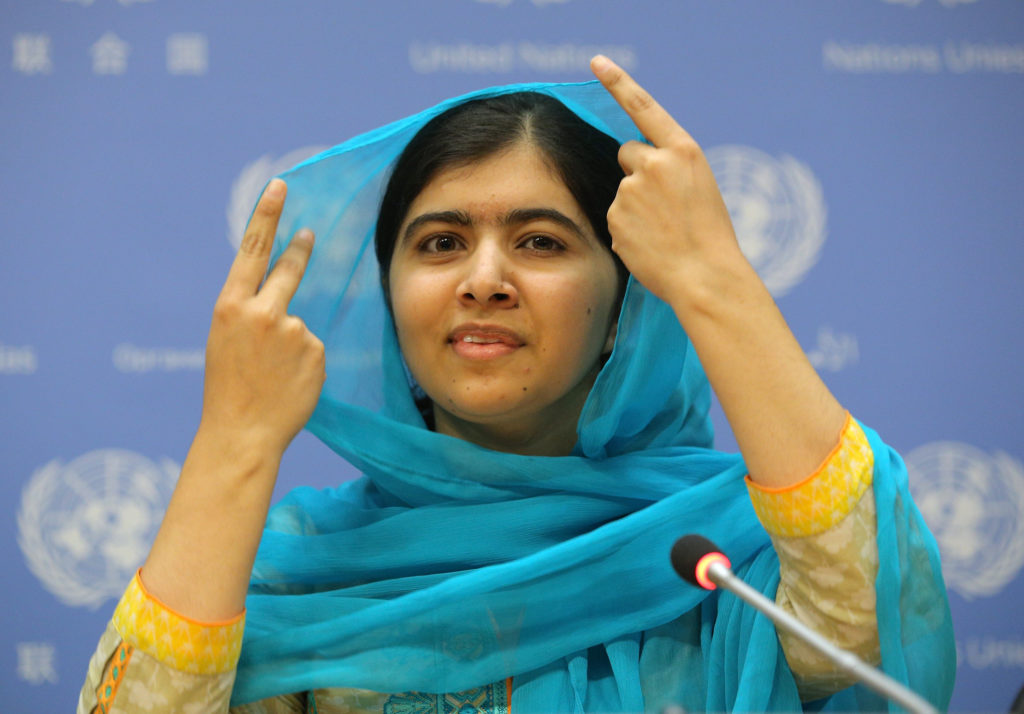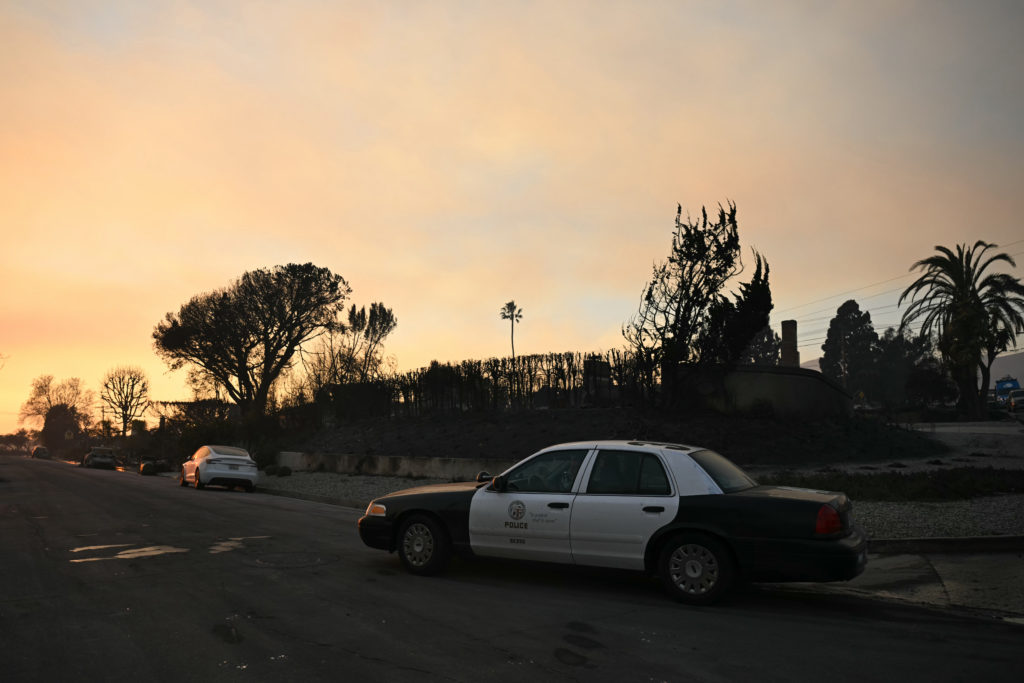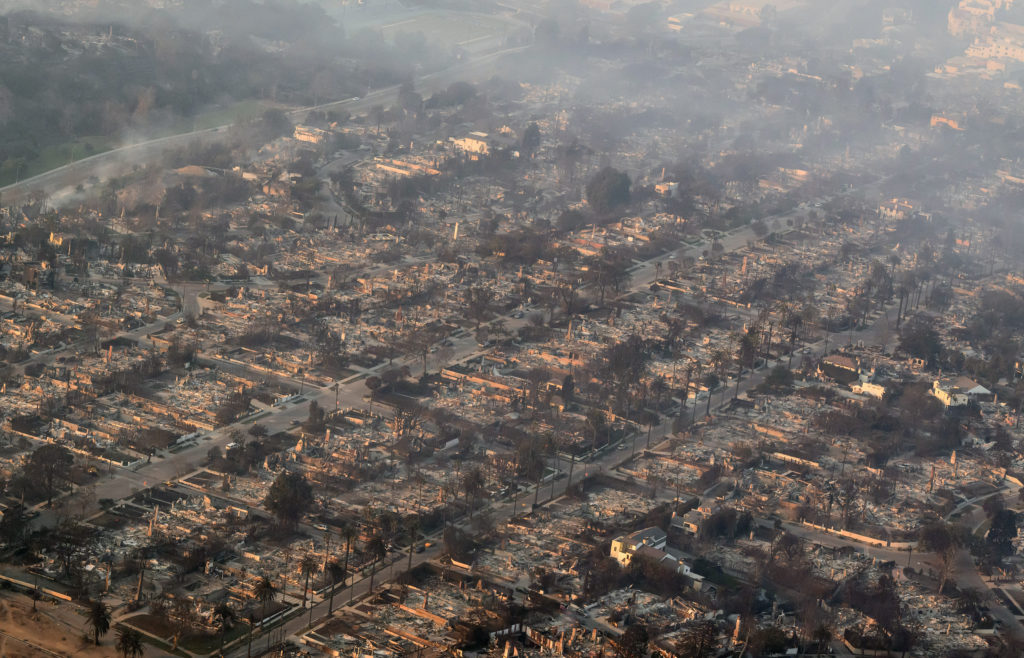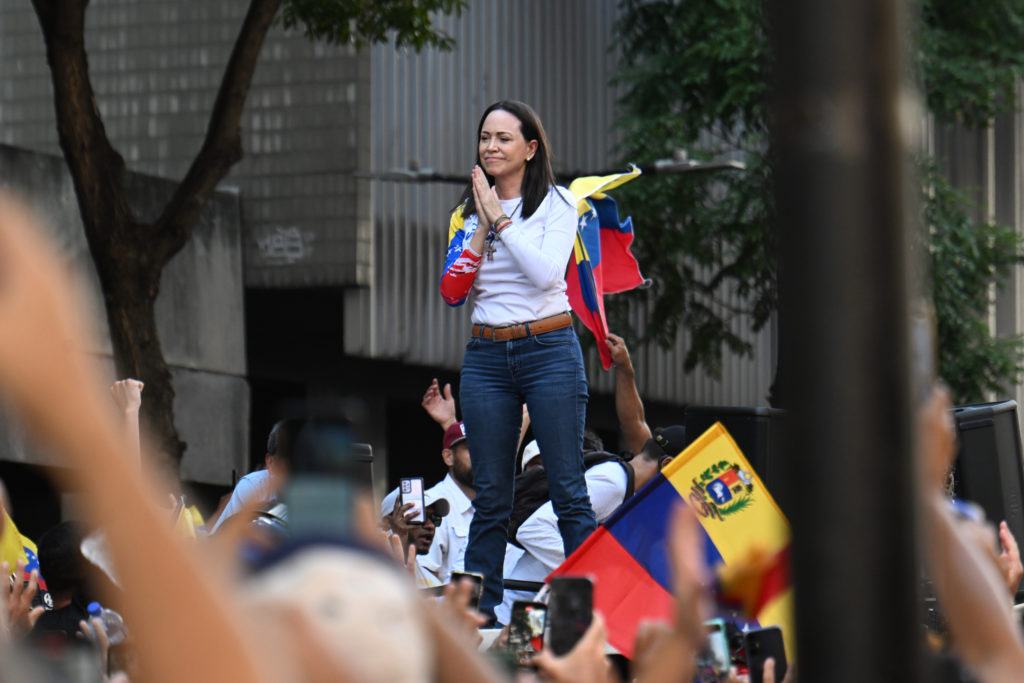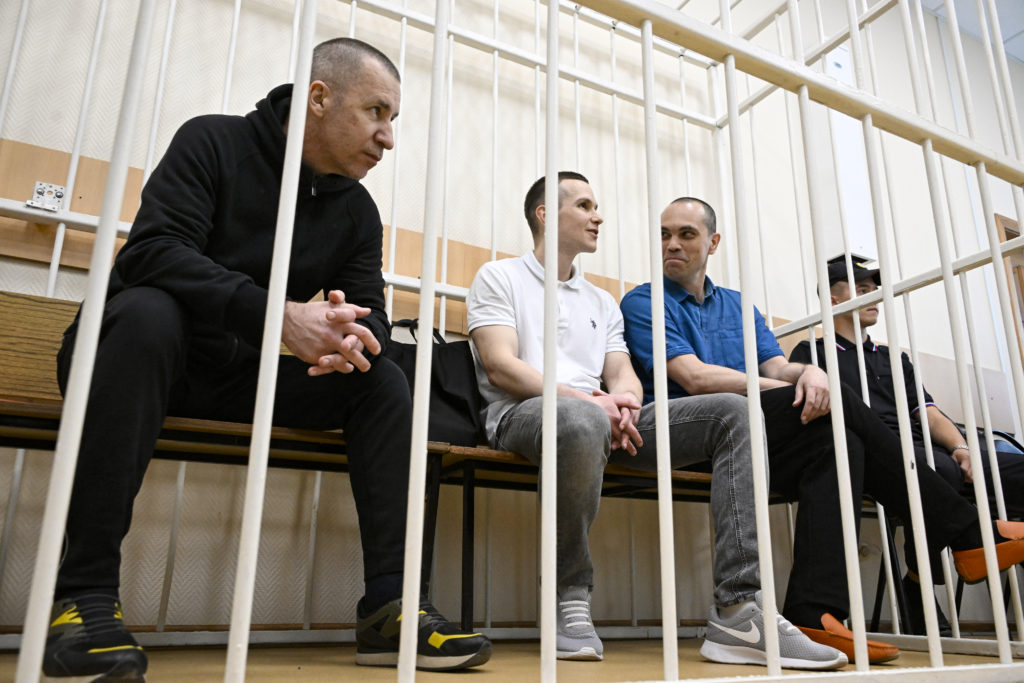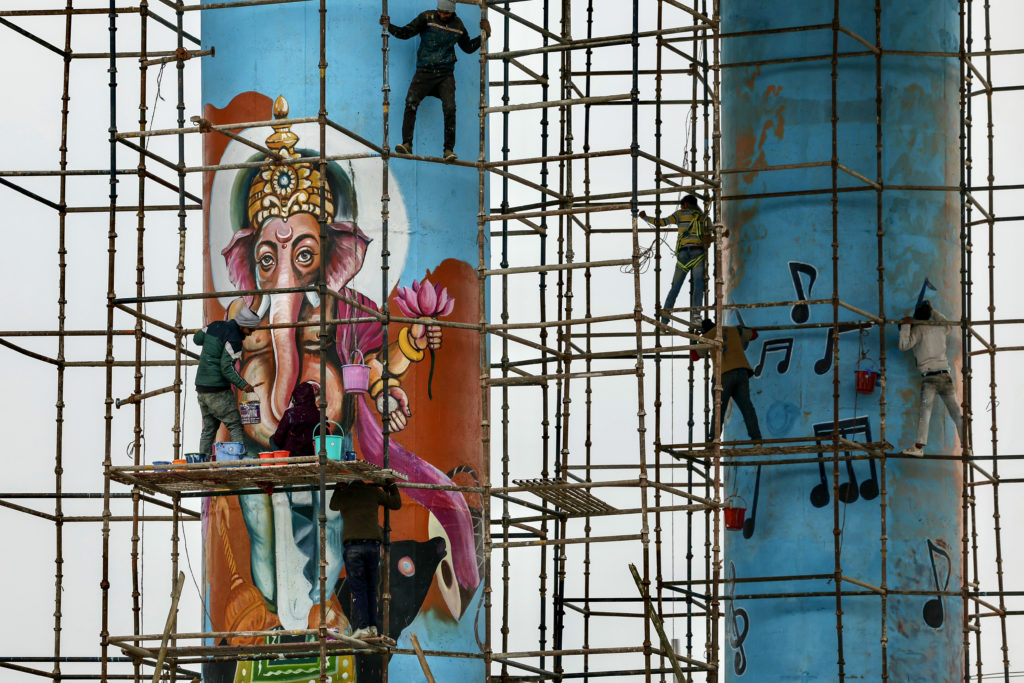A Russian-brokered ceasefire was holding Wednesday at the Armenian-Azerbaijani border, officials said, a day after deadly clashes between the arch-foes sparked fears of another flare-up in their territorial dispute.
On Tuesday, clashes between Armenian and Azerbaijani troops left eight soldiers dead in the worst fighting since last year’s war over the long-disputed Nagorno-Karabakh region.
The six-week conflict, which claimed the lives of more than 6,500 people, ended last November in a Russia-mediated deal that saw Armenia cede swathes of territory it had controlled for decades.
Tuesday’s fighting ended in the evening after mediation by Russia’s Defence Minister Sergei Shoigu.
“Seven servicemen died and 10 more were wounded in the clashes provoked Tuesday by Armenia,” Baku’s defence ministry said, adding that the situation at the border “stabilised on Tuesday evening.”
Armenia’s defence ministry said one Armenian soldier was killed, 13 were captured by Azerbaijani forces and 24 servicemen were missing.
It said “the situation at the border’s eastern sector was relatively calm and a ceasefire agreement was being respected” on Wednesday morning.
– Calls for restraint –
Armenia’s Prime Minister Nikol Pashinyan on Tuesday accused Azerbaijan of “targeting Armenia’s statehood, sovereignty, and independence.”
Baku said Yerevan was responsible for a “large-scale military provocation.”
Armenia appealed to its Russian ally for military support under the Collective Security Treaty Organisation pact, which obliges Moscow to protect it in the event of a foreign invasion.
“Given that there was an attack on Armenia’s sovereign territory, we appeal to the Russian Federation to protect Armenia’s territorial integrity,” Security Council Secretary Armen Grigoryan said Tuesday.
The same day, Russian President Vladimir Putin discussed the situation with Pashinyan by phone, the Kremlin said in a statement, and agreed to “continue contacts” on the matter.
Before the ceasefire was announced, the European Union and the United Nations called on both sides to cease hostilities.
European Council President Charles Michel on Twitter called for a “full ceasefire”, while the UN urged Baku and Yerevan to “exercise restraint”.
The French foreign ministry in a statement expressed its “deep concern” and called on all parties to respect the agreements that were reached in November 2020.
Since last year’s war, both Armenia and Azerbaijan have reported occasional exchanges of fire.
Ethnic Armenian separatists in Nagorno-Karabakh broke away from Azerbaijan as the Soviet Union collapsed in 1991, and an ensuing conflict claimed around 30,000 lives.

